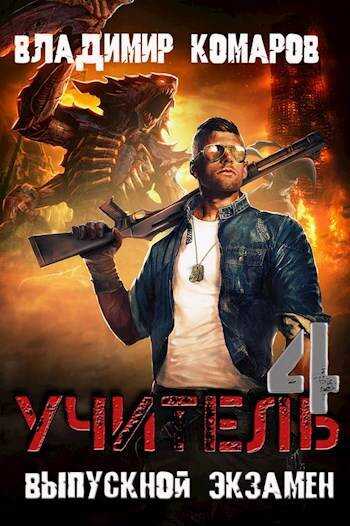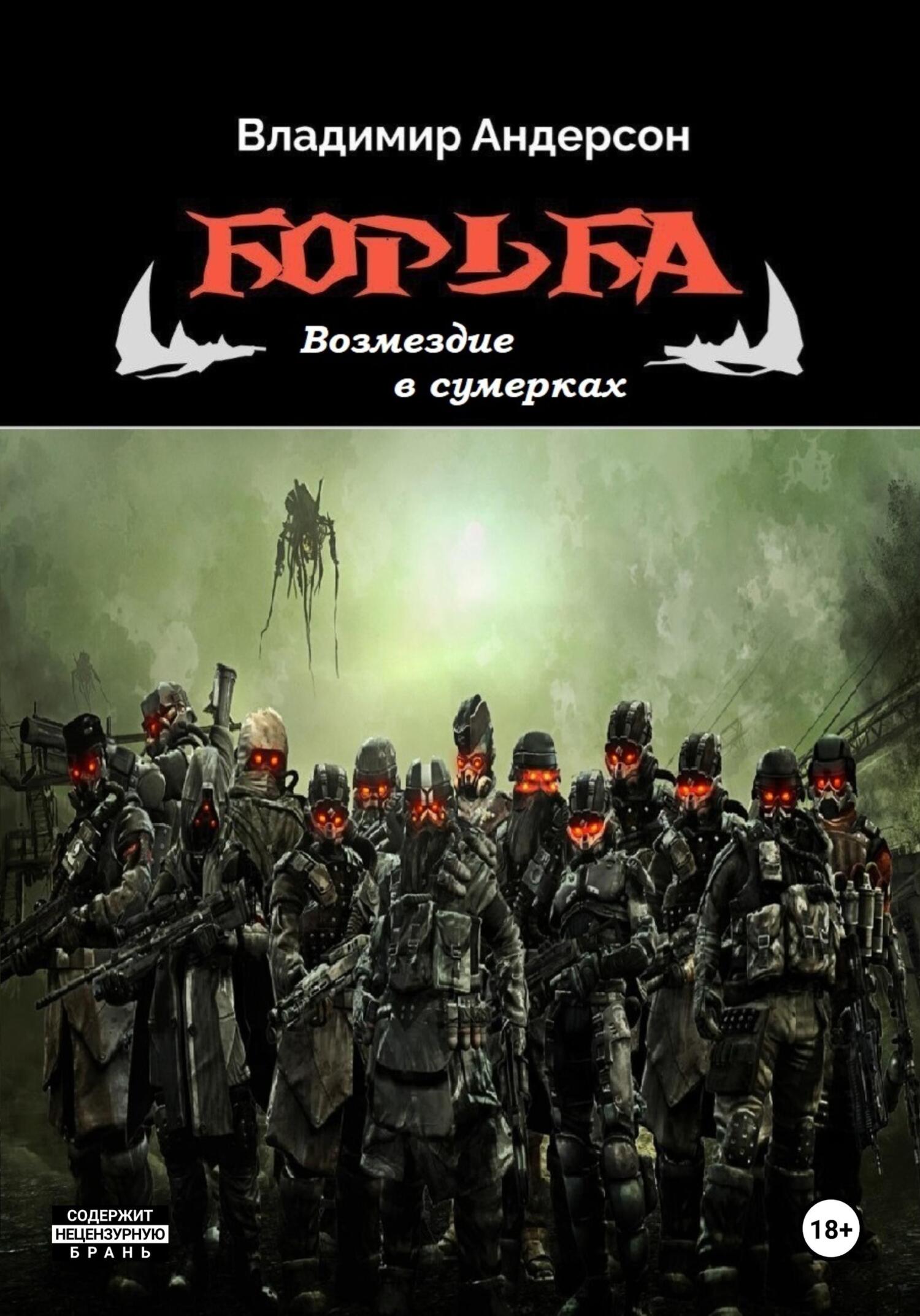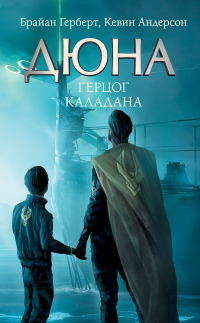Книга Struggle. Taste of power - Владимир Андерсон
Читать книгу Struggle. Taste of power - Владимир Андерсон полностью.
Шрифт:
-
+
Интервал:
-
+
Закладка:
Сделать
Перейти на страницу:
Перейти на страницу:
Книги схожие с книгой «Struggle. Taste of power - Владимир Андерсон» от автора - Владимир Андерсон:
Комментарии и отзывы (0) к книге "Struggle. Taste of power - Владимир Андерсон"












